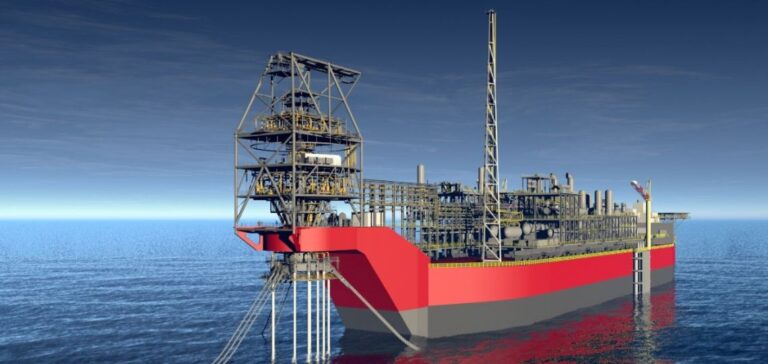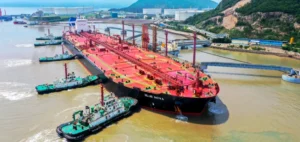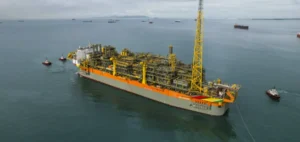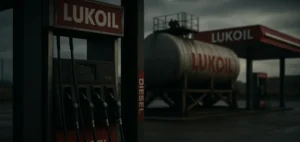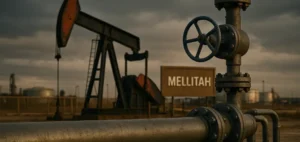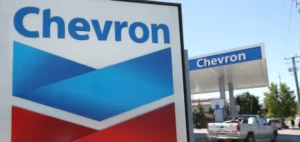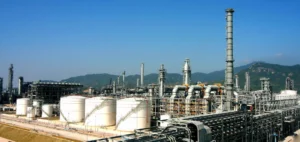Founded in 1961, the Société Africaine de Raffinage (SAR) has so far focused on processing imported crude oil. This week, it reached a key milestone by refining, for the first time, oil produced in Senegal from the offshore Sangomar field, located in the country’s central-western region.
Successful first refining of Senegalese oil
According to a statement released by the company, SAR processed 650,000 barrels of crude oil since Saturday, generating 90,000 tons of petroleum products. Among these refined products are diesel, kerosene, gasoline, and butane gas. The transfer of these derivatives to dedicated storage areas is currently underway.
The local refining of these hydrocarbons aligns with a strategy aimed at strengthening the country’s energy security while reducing its dependence on imported refined petroleum products. This development could also generate economic benefits by optimizing the local value chain.
A modest but strategic production
Senegal officially launched its oil production last June at the Sangomar site, operated by Australian group Woodside Energy. In December, the country also became a gas producer in partnership with Mauritania, at their shared maritime border.
Although production volumes remain limited compared to major African players like Nigeria, the expected revenues from these resources are projected to reach billions of dollars. These revenues could play a key role in accelerating Senegal’s economic development, particularly by supporting infrastructure projects and promoting industrial diversification.
Prospects between local consumption and export
The hydrocarbons refined by SAR will be destined for both export and domestic consumption. The extent of its impact on the local market will depend on the country’s ability to structure efficient distribution and maintain competitive costs against imported products.
With this first success in refining its own oil, Senegal takes a new step in the exploitation of its natural resources. The next phase will involve integrating this production into a sustainable and profitable energy strategy.


